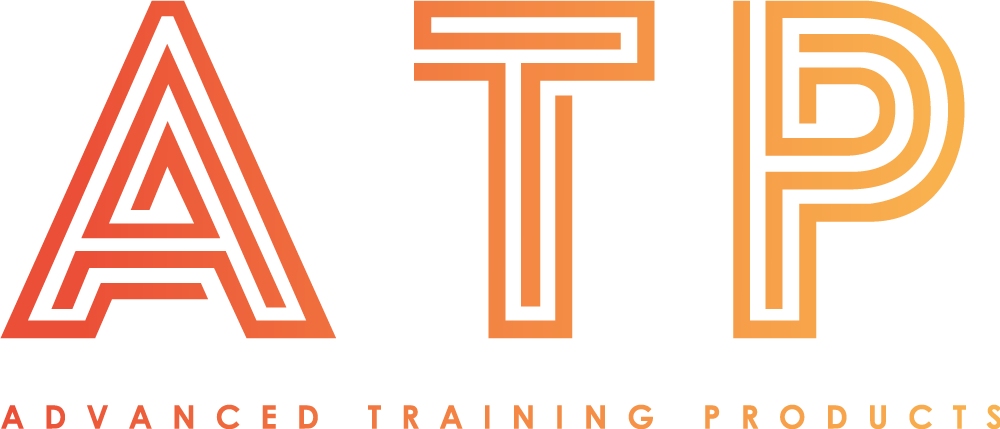White Papers and Press Releases
At Advanced Training Products, we're committed to empowering organizations with the knowledge and tools they need to create safer, healthier workplaces. Our thought leadership resources provide valuable insights into a range of topics, including:
- Total Worker Health® initiatives
- Workplace impairment prevention
- Reasonable suspicion protocols
- Cannabis legalization and its impact on the workplace
Stay informed and stay ahead with our expert analysis and actionable advice.
Keep up with the latest industry news through our press releases below.
Workplace Impairment in the Age of Legal Cannabis: Compliance, Science, and the Role of the WIRE - A Practical Guide for New Jersey Employers
The legalization of adult-use cannabis in New Jersey under the CREAMMA Act has transformed workplace policy, legal obligations, and employee rights. At the center of this shift is the Workplace Impairment Recognition Expert (WIRE) protocol - a first-of-its-kind approach designed to balance worker protections with employers' responsibility to maintain safe, hazard-free workplaces. However, regulatory uncertainty, evolving case law, and the limits of traditional drug testing have left many organizations unclear on how to comply.
Advanced Training Products (ATP) helps employers navigate this rapidly changing environment with defensible training, assessment tools, and policy support that bridge the gap between law, science, and practical workplace needs.
The Evolving Legal Landscape:
CREAMMA's Intent & Impact:
New Jersey's Cannabis Regulatory, Enforcement Assistance, and Marketplace Modernization Act (CREAMMA) provides broad adult-use cannabis protections but places unique responsibilities on employers to recognize actual impairment, not just cannabis use. Case law (e.g., Zanetich v. Wal-Mart Stores East) has questioned the reach of these protections, particularly for job applicants versus current employees. Meanwhile, cases such as Sanders v. The Levari Group and government amicus briefs signal ongoing legal debate and likely change.
Uncertainty for Employers:
With final regulations still forthcoming and conflicting court outcomes, employers face heightened risk in making adverse decisions based on drug screens or ambiguous suspicion.
Science & Impairment:
Presence ≠ Impairment:
Unlike alcohol, where breathalyzers can determine impairment, cannabis metabolites remain detectable in the body for weeks - regardless of whether an employee is impaired at work. Presence of THC does not establish on-the-job impairment.
Observable Signs Are Key:
Employers must shift from reliance on drug tests to documented observable signs and symptoms of impairment, in line with interim NJCRC guidance.
The WIRE Protocol:
What Is a WIRE?
The concept for the WIRE was modeled on the law enforcement Drug Recognition Expert (DRE) system, but it's been more thoughtfully adapted for workplace circumstances. A WIRE's role is to observe, and document instances of suspected impairment based on physical and behavioral cues. This is meant to supplement a drug tests.
Legal Standards:
Reasonable suspicion, not probable cause, is the evidentiary bar for most adverse employment actions, placing a premium on robust documentation and defensible observation.
ATP's Solutions: Bridging Compliance and Safety:
WIRE Certified Training™:
Custom training programs that empower supervisors and frontline staff to reliably identify and document impairment based on observable protocols. No advanced law enforcement or clinical background required.
AI-Powered Documentation:
Secure, real-time digital checklists and reporting tools capture observations and support consistency - offering protection if employee actions are challenged.
Policy & Procedure Guidance:
Templates and consulting to align your HR policies with current law, interim guidance, and best practices for handling cannabis-related impairment.
Education and Resources for Awareness:
On-demand training modules for all staff, manager-focused scenario-based learning, and ongoing resource updates as the legal environment evolves.
Why Act Now?
People are dying because of impairment related accidents: N.J. wife was driving high on marijuana in crash that killed her husband, cops say - nj.com.
From a regulatory perspective, New Jersey's cannabis reforms have created both opportunity and complexity for employers. The WIRE protocol, still in early stages of regulatory certainty, demands a proactive, education-based approach. ATP's solutions empower organizations to take action-making workplaces safer, policies fairer, and compliance more robust, no matter how the legal landscape evolves.
Be prepared, not reactive - with ATP as your trusted partner.
Works Cited
- White, David M. "Learning the ABCs of the WIRE: A Guide to Cannabis Law in the NJ Workplace." Seton Hall University School of Law, July 14, 2025. Learning-the-ABCs-of-the-WIRE-David-White.pdf
- Cannabis Regulatory, Enforcement Assistance, and Marketplace Modernization Act (CREAMMA), P.L. 2021, c. 16 (N.J. 2021).
- Zanetich v. Wal-Mart Stores East, 2023 US Dist. LEXIS 91570 (D.N.J. 2023), aff'd 123 F.4th 128 (3d Cir. 2024).
- Olenowski v. State, 255 N.J. 529, 304 A.3d 598 (N.J. 2023).
- Daubert v. Merrell Dow Pharmaceuticals, 509 U.S. 579 (1993).
- In re Accutane Litigation, 234 N.J. 340 (2018).
- New Jersey Cannabis Regulatory Commission. "Workplace Impairment Guidance." NJCRC, September 9, 2022.
- Sanders v. The Levari Group, CUM-L-000196-23 (Sup. Ct. N.J.).

